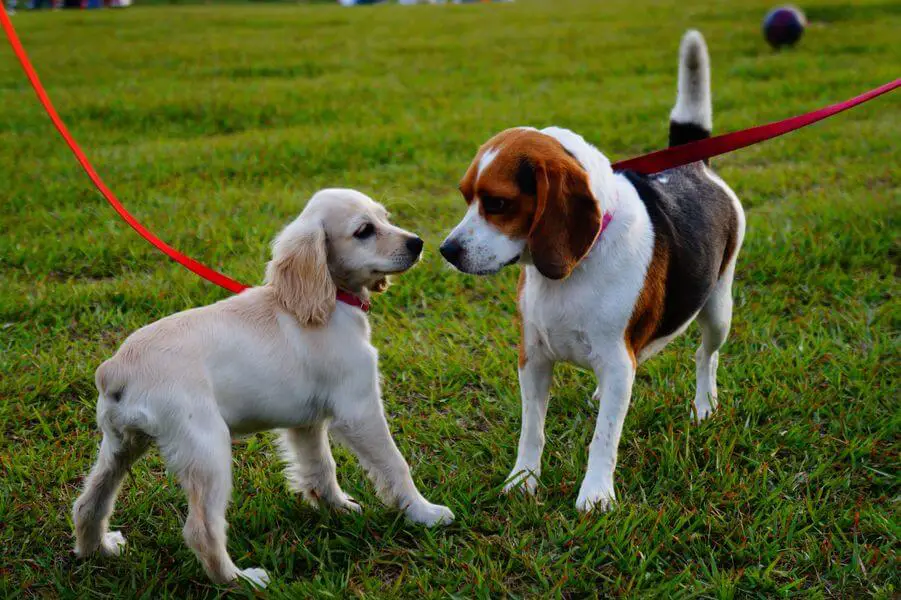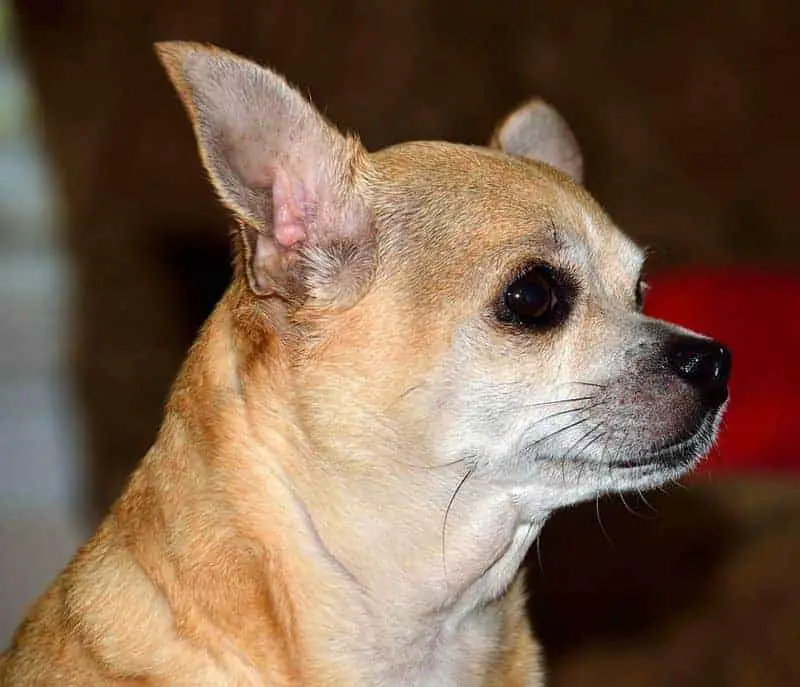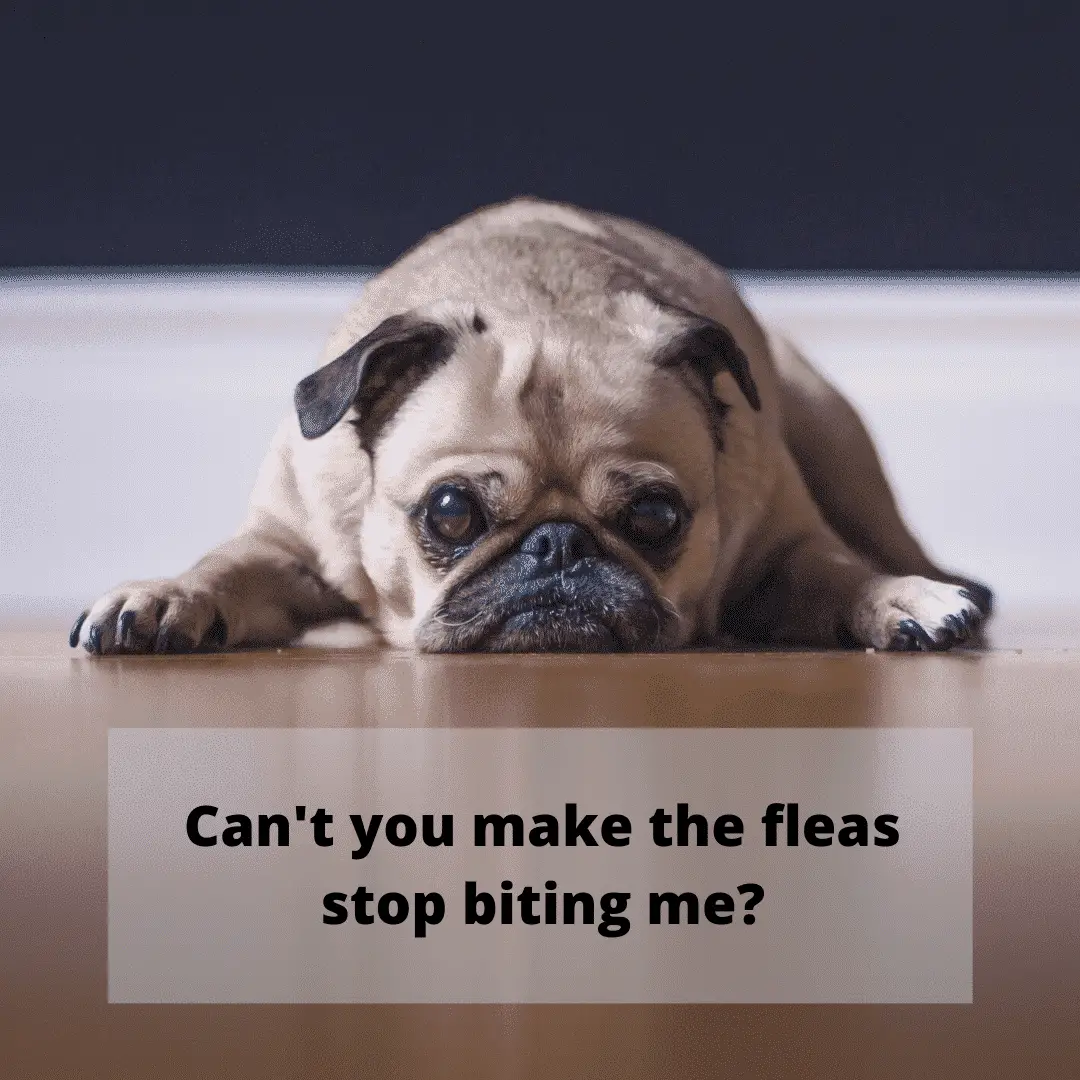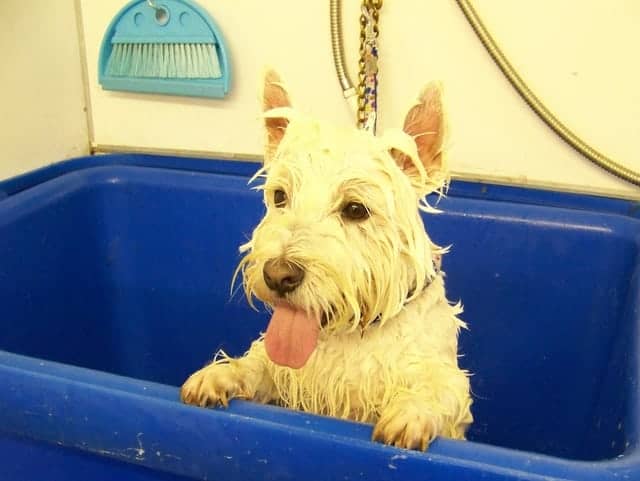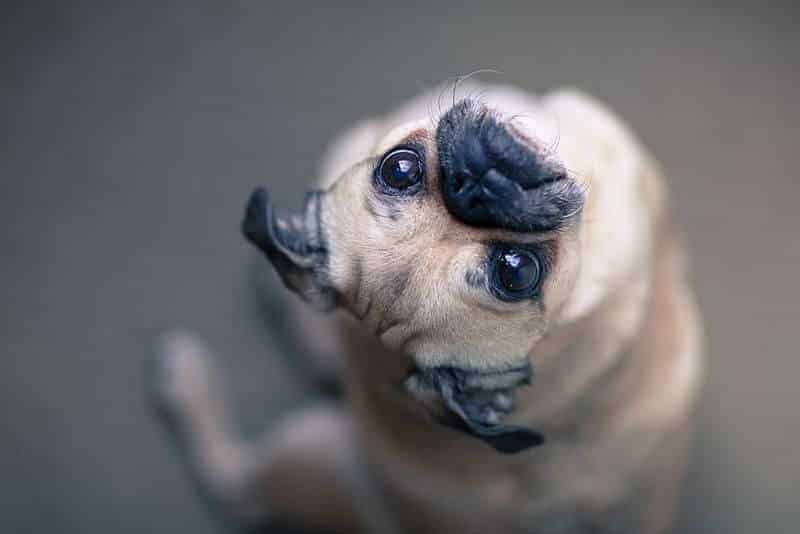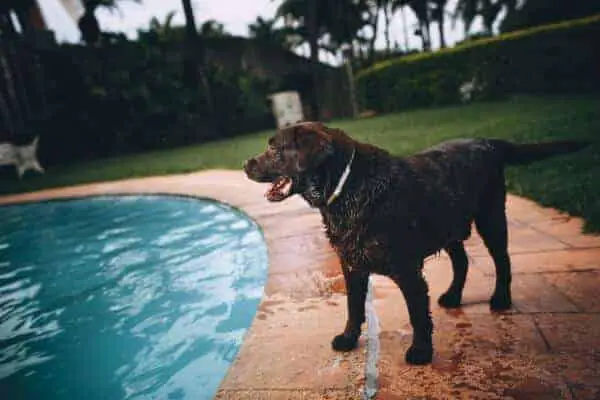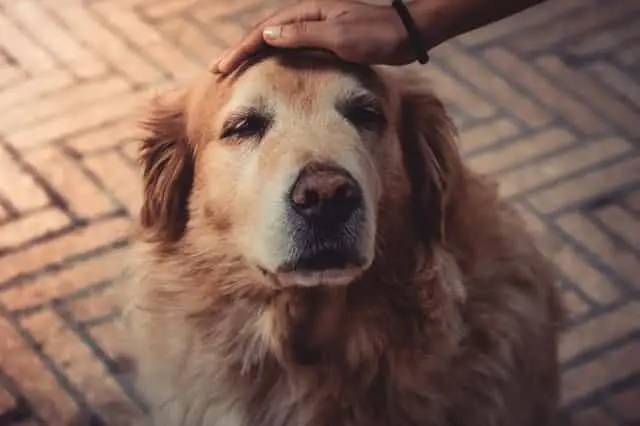Puppy socialization is a very extensive process, one that involves a lot of time and patience. Puppies that are properly socialized are much easier to train, and tend to be better-behaved than non-socialized puppies. Socialization is best started when a puppy is still young, in order to achieve optimum results. Here is a quick guide to socialization, as well as what you can do to socialize your puppy.
What is Socialization?
To put it simply, socialization is a multi-faceted approach to helping your puppy become familiar with the world around them. This involves exposing your puppy to as many new people, animals, situations and environments as possible. The more time you spend socializing your puppy, the better results you will see in the long run. Properly socialized puppies often grow up to be very obedient, loyal and well-behaved dogs.
Why is Socialization Important?
If a puppy is not properly socialized, they are more likely to have a “fear response” in certain situations. Improperly socialized puppies may also exhibit behavioral problems, participate in destructive behavior, and be difficult to train. The importance of socialization cannot be overemphasized, at is a valuable part of training your puppy.
Socialization Tips
There are many ways that you can go about socializing your puppy. However, the best thing to do is to plan your approach. Some of the common situations that you should address when socializing your puppy are:
- Thunderstorms – Most puppies are instinctively afraid of loud noises, and will become frightened during thunderstorms. The best thing to do is to give your puppy constant reassurance, praise and treats during a thunderstorm, as this will help them to realize that they don’t have to be afraid.
- Umbrellas – Oddly enough, opening an umbrella can be all it takes to cause your puppy to be scared. The sudden appearance of an umbrella can be frightening, so take it slow. Gradually open the umbrella, watching your puppy for signs of a reaction. Reinforce the umbrella socialization process with treats and praise.
- People in Hats – Some dogs learn to recognize people by the shape of their face and head. When you wear a hat, your puppy may be initially apprehensive. Help your puppy to become used to seeing you and other family members in hats, encouraging them to identify you by scent instead.
- Other Dogs – This is one of the most important socialization situations, since it will determine your dog’s behavior in the future. In a neutral environment (such as a park), gently introduce your puppy to another dog, preferably one belonging to a friend. Allow the dogs to sniff and investigate each other. If your puppy displays good behavior, give them a treat as well as a lot of praise.
- Riding in the Car – Since dogs require regular veterinary checkups, it’s important to get your puppy used to riding in the car as soon as possible. Since many supermarkets and shopping malls don’t allow dogs, take your dog for a simple drive instead. Reinforce the experience with treats and praise, repeating on a daily basis.
- Strangers – Unless you are training your puppy to be a guard dog, you want to help them to become more comfortable with strangers. As with the socialization process for other dogs, begin this type of socialization in a neutral environment. Gradually allow your puppy to investigate the stranger, while constantly giving your puppy treats and praise.
- Gunshots – If you plan to train your puppy to be a hunting dog (which is common for dogs such as Labrador Retrievers), you will need to begin socialization as soon as possible. Begin by taking your puppy to an approved shooting range, preferably bringing along a friend or family member for assistance. While your puppy is leashed, allow them to listen to the noise of the shooting range. Make physical contact with your puppy, and give them small treat bits while they experience the sound of gunshots. This can help make training a puppy to be a hunting dog much easier.


